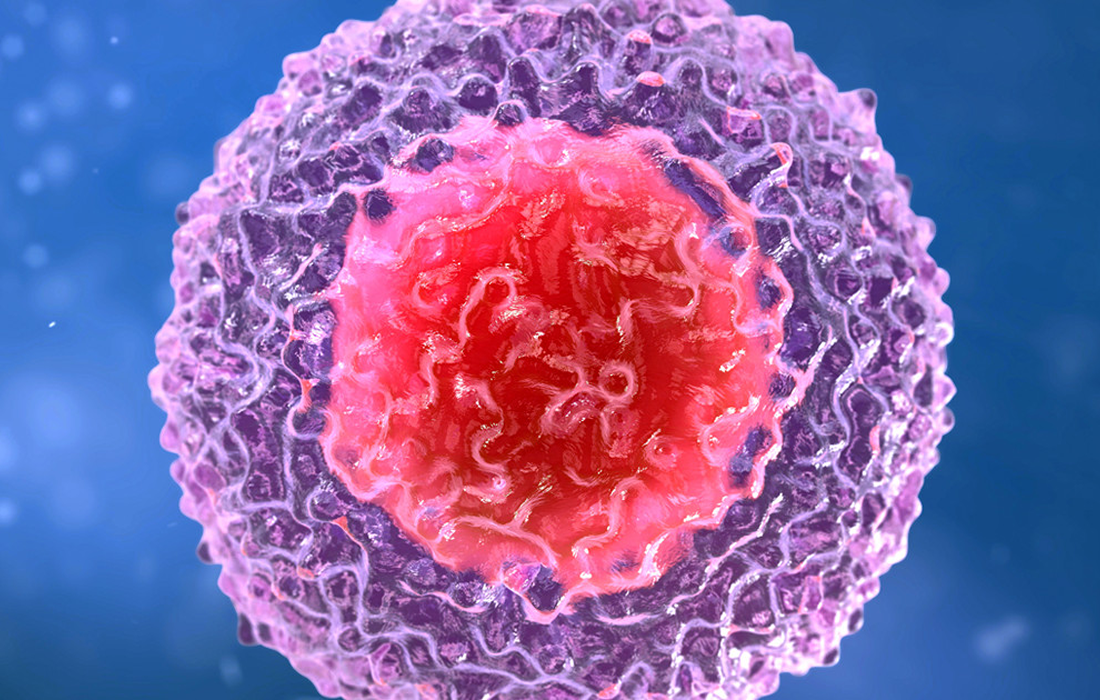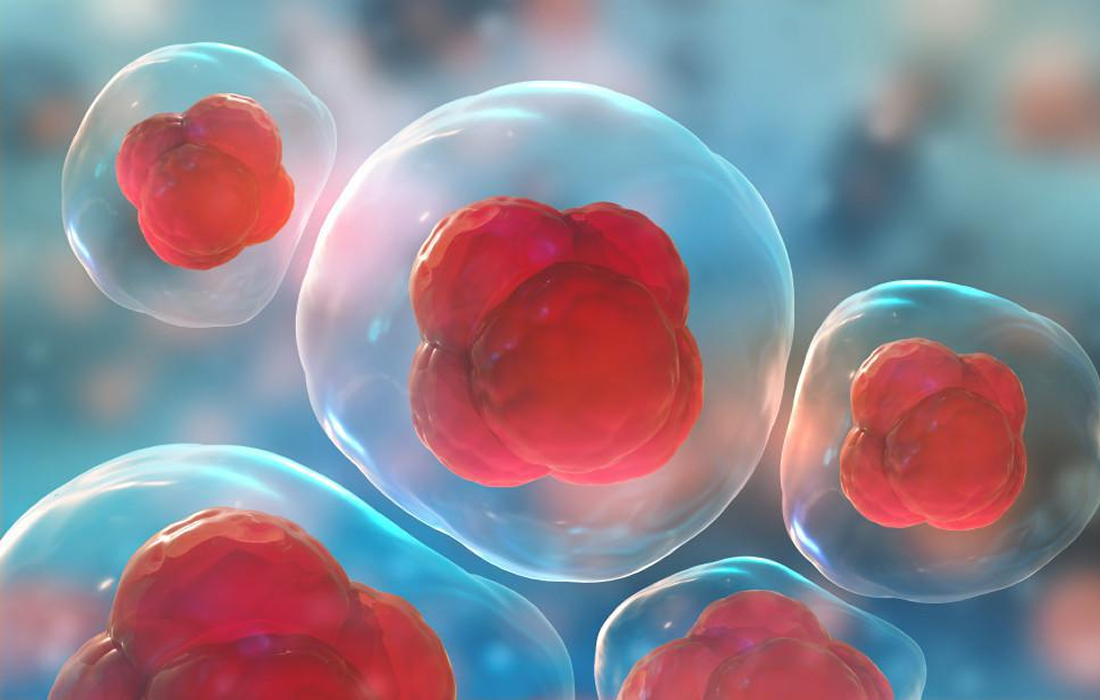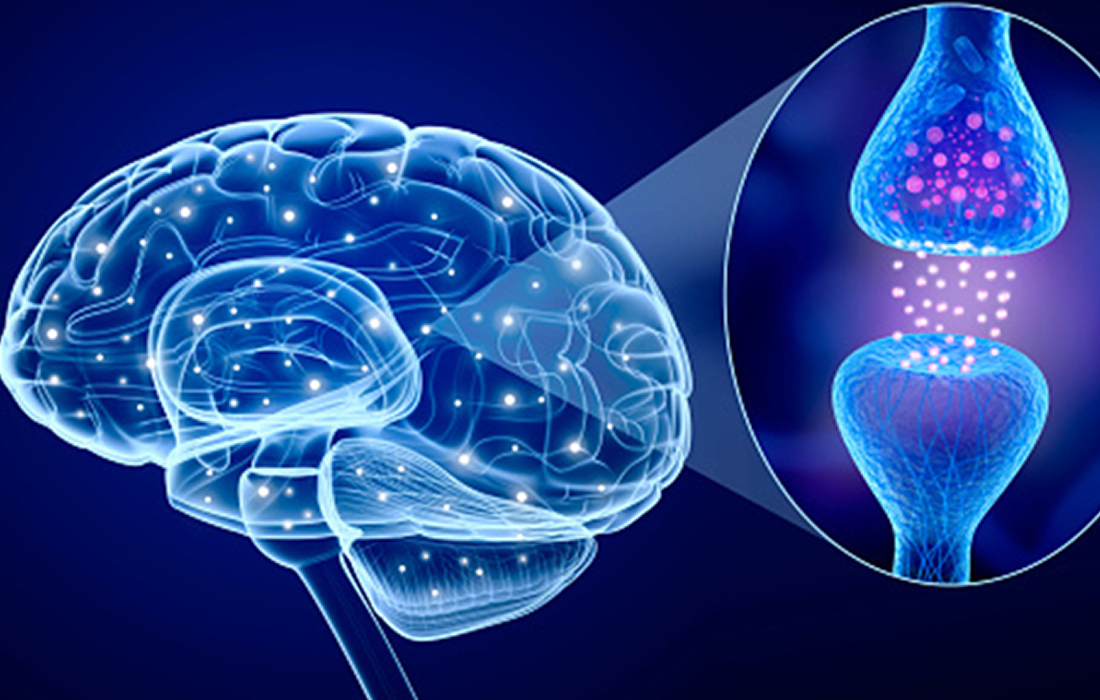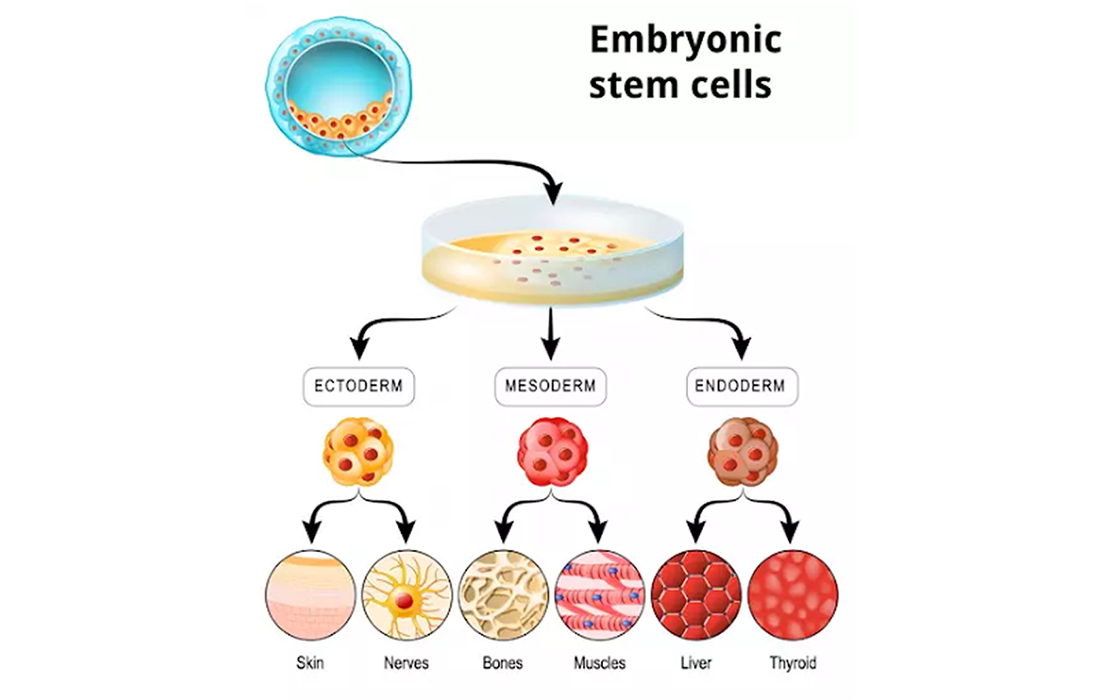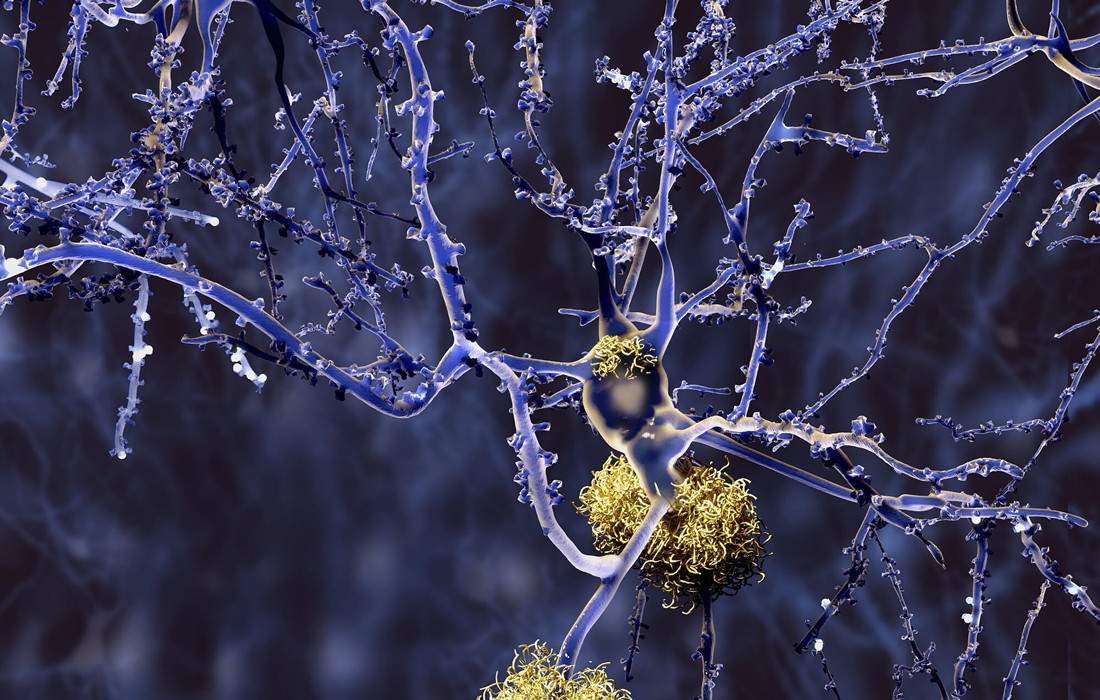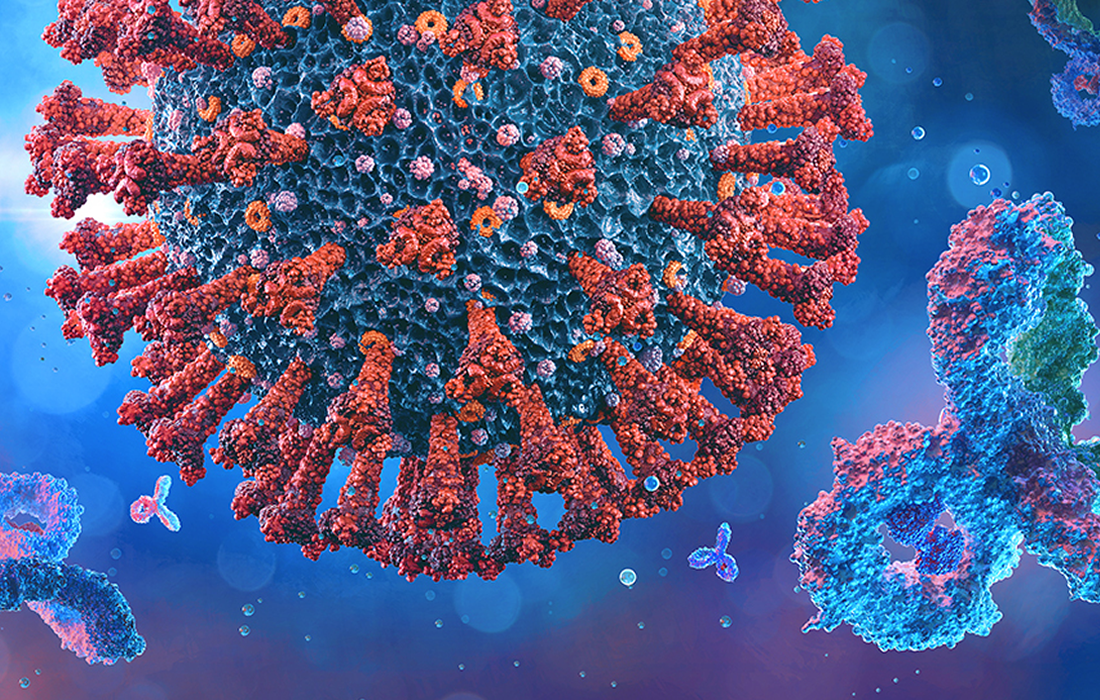Obesity is now a global problem and it is called “Globesity” which means many people around the world suffer from this disease. Obesity is defined as abnormal or excessive fat accumulation that presents a risk to health. The rate of obesity has risen in recent decades and it is predicted to rise even more because […]
Author Archives: Francisco Fernandez, MD
In aging, B- cell regeneration is regulated by communication between peripheral B cells and progenitors in the bone marrow. Loss of B lymphocyte regeneration in the bone marrow (BM) is an immunological hallmark of advanced age, which impairs the replenishment of peripheral B-cell subsets and results in impaired humoral responses, contributing to immune system dysfunction […]
The US Food and Drug Administration (FDA) has authority to regulate regenerative medicine products, including stem cell products and exosome products. A common question that we hear is, “are stem cell treatments approved by the FDA?” The answer is that there are some treatments that are fully approved, but many are still being studied and […]
Parkinson’s disease is a chronic progressive, neurodegenerative disease with a multifactorial etiology. It is characterized by hallmark signs of bradykinesia, rigidity, tremor, and postural instability, it is superseded only by Alzheimer’s disease as the most common neurodegenerative disorder. PD exerts substantial burden on patients, families of patients, and caregivers and is associated with a significant […]
Cardiovascular disease (CVD) is an important public health issue. According to the World Health Organization (WHO), it is the leading cause of death worldwide, affecting approximately 17.7 million people in 2015. Importantly, CVDs are susceptible to behavior modifications. In this sense, a healthy diet is one of the lifestyle components that could be promoted to […]
Stem cells are the body’s raw materials, cells from which all other cells with specialized functions are generated. Under the right conditions in the body or a laboratory, stem cells divide to form more cells called daughter cells. These daughter cells either become new stem cells (self-renewal) or become specialized cells (differentiation) with a more […]
Regular physical activity has a wide range of health benefits. These include a reduced risk of cardiovascular disease, type 2 diabetes, various mental health conditions, and dementia. Studies show that people who are physically active are less likely to experience a decline in their mental function and have a lowered risk of developing Alzheimer’s disease. […]
Cholesterol is an essential lipid for maintaining cellular homeostasis. Besides being a precursor for steroid hormones, and being an essential component of plasma membranes, it is also enriched in lipid rafts and plays a key role in intracellular signal transduction. Cholesterol is primarily synthesized in the liver and transported to cells around the body through […]
Professional and recreational sport practice is increasing but unfortunately so is the rate of sports injuries as mentioned in many epidemiological studies. Aside from medical consequences, the economic burden related to costs of conservative treatment, surgery and rehabilitation is very high. Sport injuries, most of the time affect muscles, tendons, ligaments, cartilage and bones and […]
As COVID-19 cases continue to surge throughout the United States and the world, demand for monoclonal antibody treatments is spiking, especially in areas with low vaccination rates. According to the FDA, this experimental treatment uses laboratory-made proteins that mimic the immune system’s ability to fight off harmful antigens such as viruses like SARS-CoV-2. It’s specially […]


